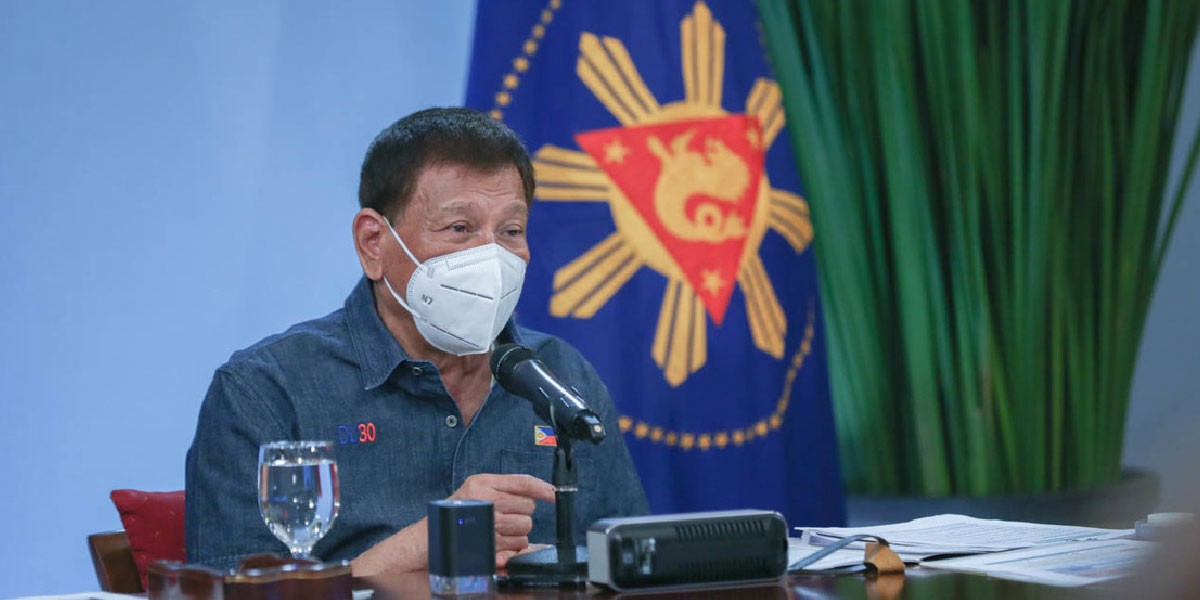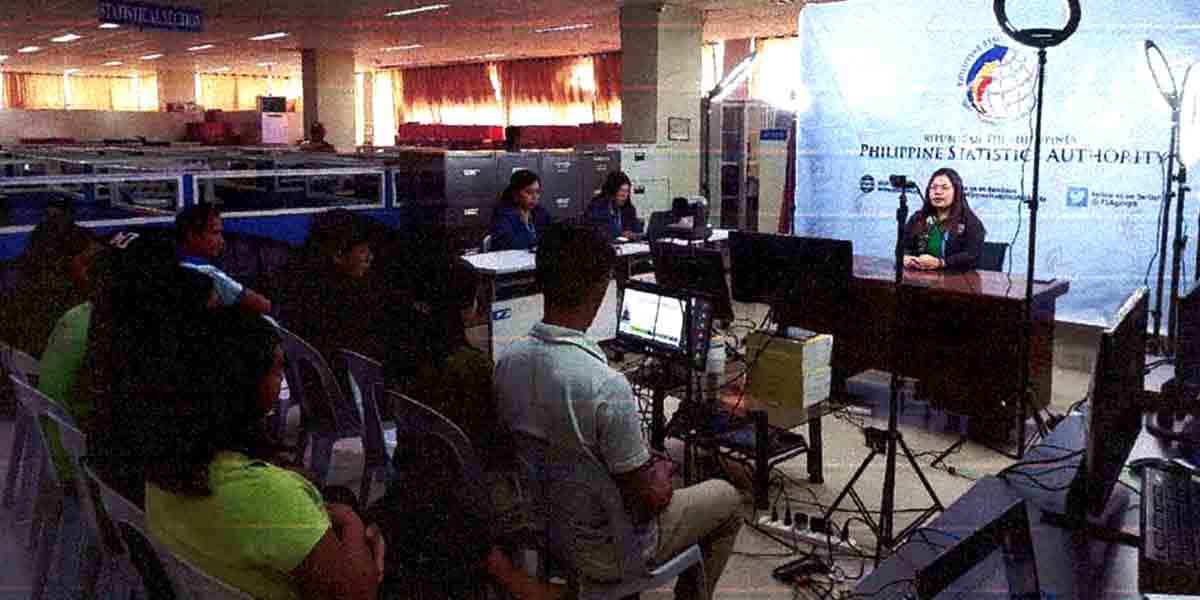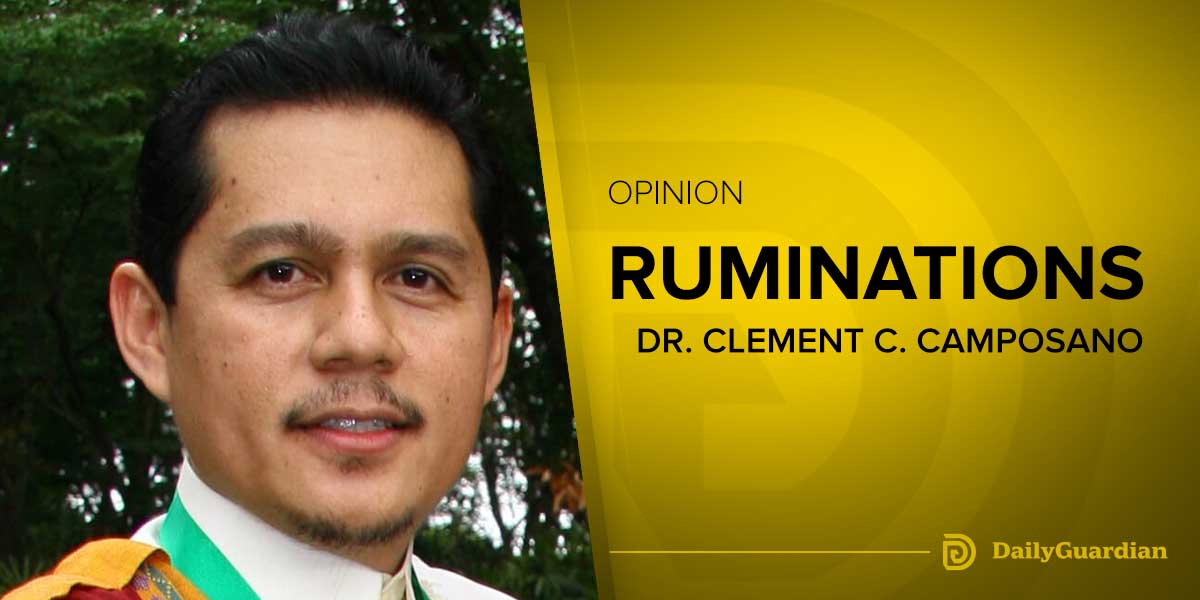
Pres. Rodrigo Duterte will not take the Sinovac Covid-19 vaccine because of efficacy issues.
This was the declaration of Presidential Spokesperson Harry Roque after the Food and Drugs Administration granted emergency use authorization to the Chinese vaccine.
Roque said in a press briefing Monday that China needs three days to deliver initial batch of Sinovac shots.
“Natapos na po iyong huling hadlang para magamit natin ang Sinovac… Wala na pong matagal na delay para magsimula ang ating pagbabakuna. It looks like Sinovac will be the first vaccine that we will use in our vaccination program. AstraZeneca will be shipped out end-February, no certainty yet for Pfizer. We are praying it will arrive within the week,” he added.
When asked if Duterte will be the first take Sinovac, Roque said the EUA did not recommend the Chinese vaccine for medical frontliners and the elderly.
“Obviously po, dahil sinabi po ng EUA na inissue ng FDA na hindi muna natin gagamitin sa senior, hindi po mapapasama ang Presidente sa mauuna,” he said.
But Roque said Sinovac’s 50% efficacy rate “is very much accepted not just in the Philippines, but by the WHO itself.”
“Sinovac’s Covid-19 shots are not low-quality, he added.
Roque said Metro Manila, Cebu, Davao will be first to get Sinovac jabs. The Philippines also did not have to sign an indemnification deal for Sinovac’s Covid-19 shots, unlike those from Europe and the US.
The indemnification deal shields manufacturers from liabilities for the adverse effects of their vaccines when administered to Filipinos.
The FDA said Sinovac’s EUA is not yet full approval. Securing full marketing authority – which is necessary to commercialize and sell the vaccine – would be contingent on Sinovac’s commitment to finish development of the product.
Rappler reported that while the FDA granted Sinovac’s vaccine emergency approval, Domingo said the FDA’s regulatory and medical experts cited conditions and recommendations for its use in the country.
Foremost among these was that experts did not recommend its use among health workers, as the group has high exposure to Covid-19.
A review of published and unpublished data on the vaccine from ongoing Phase 3 trials showed the vaccine had an efficacy of 65.3% to 91.2% among healthy individuals aged 18 to 59 years old. The findings, coming from community trials in Indonesia and Turkey, means the vaccine is a viable option for this group.
But its lower efficacy of 50.4% from trials in Brazil led experts not to recommend its use in the priority sector. The Brazil trials involved health workers exposed to Covid-19.
“The safety profile is good, adverse events were mild to moderate, and possibility of allergy or anaphylaxis is minimal,” Domingo said in Filipino. “When the vaccines arrive in the country, this can be used in groups where safety and efficacy is proven – 18 to 59 year old clinically healthy individuals.”



















